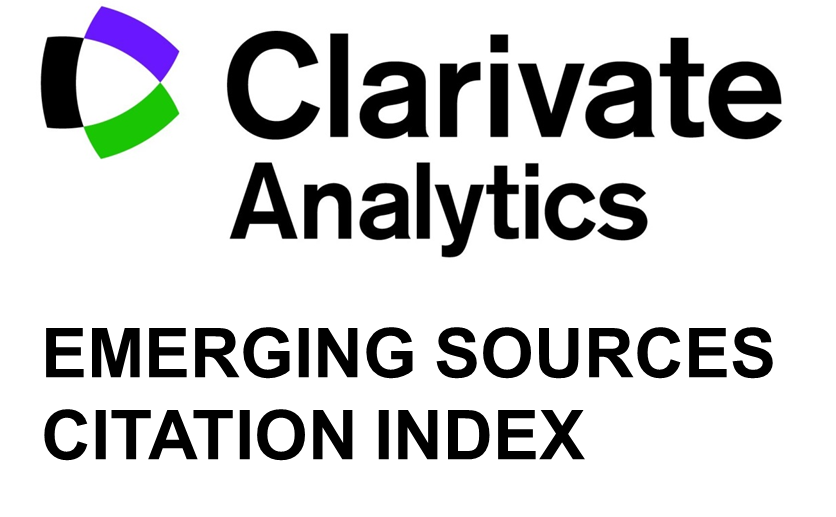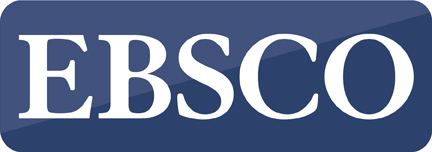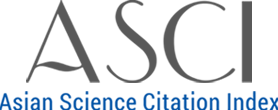Examining shared leadership dimensions through a social network approach: a case from tourism industry
DOI:
https://doi.org/10.5937/StraMan2400008AKeywords:
shared leadership, social networks, task coordination, personal support, information sharingAbstract
Background: Shared leadership is regarded as a fundamental approach to complexity leadership theory in terms of adaptability and flexibility. It emerges from communication among team members in a complex environment and consists of three dimensions: task coordination, personal support, and information sharing.
Purpose: This study investigates shared leadership and its dimensions which are task coordination, personal support, and information sharing using social network analysis. By incorporating social network theory, the social and relational aspects of shared leadership can be revealed and emphasized.
Study design/methodology/approach: Social network analysis was used to test the hypotheses on the data collected from the employees of a tourism organization.
Findings/conclusions: The findings indicate that the individuals in task coordination, personal support and information sharing networks have a medium or low percentage of degree centrality in the social networks of their units or departments. The social networks of task coordination, personal support and information sharing have a high percentage of degree density when all individuals are treated as a total network and individuals in different departments and units as separate networks. This situation is led by the more balanced distribution of the power among the actors, dense communication between the members and intense network relations in task coordination, personal support and information sharing networks.
Limitations/future research: The present study focuses only on internal network relations. As a future body of work, the study could be expanded to include both external and internal network relations to provide a wider understanding of the shared leadership concept. As another future body of work, to reach more generalizable results, this study can be expanded with a meta-analysis that will be performed on the results obtained by applying the survey on other organizations and processing the data collected with social network analysis methods again.
Downloads
Published
Issue
Section
License
Copyright (c) 2024 Caner Asbas, Sule Erdem Tuzlukaya, Aymen Maaroof

This work is licensed under a Creative Commons Attribution 4.0 International License.














